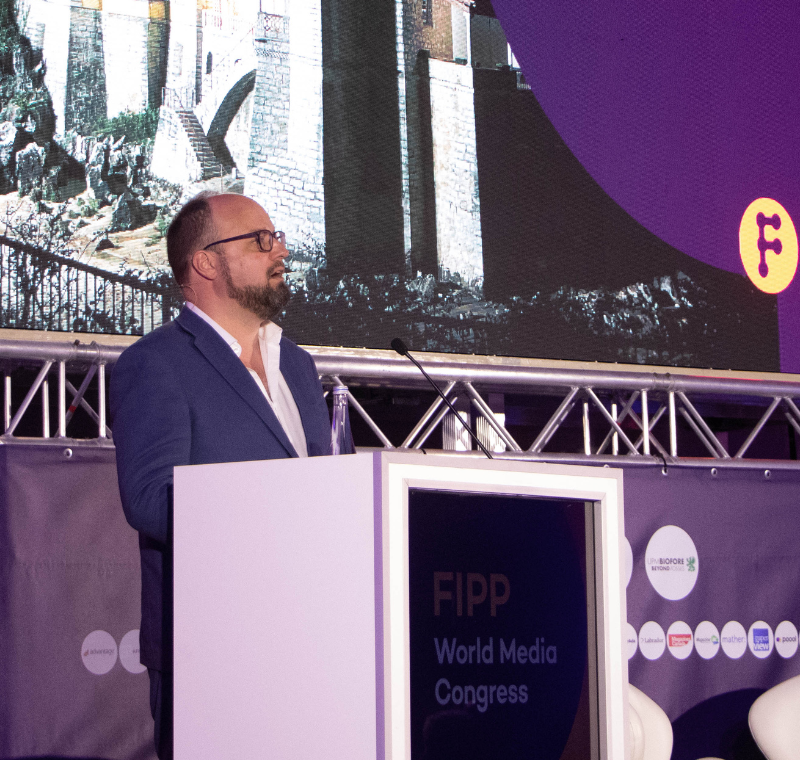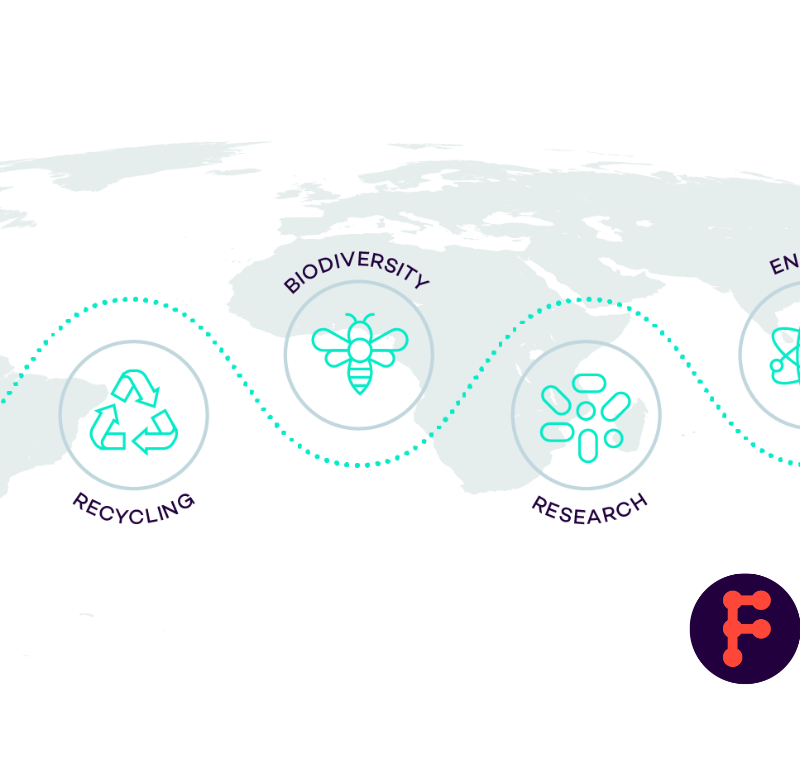Learn about future global trends and insight on FIPP executive programme
During this session, Goldin addresses what he thinks are the biggest challenges for companies and top management when it comes to change management, industry disruption and innovating to stay ahead. It is clear that we are living in times of ever increasing interconnectedness, speed and complexity. This opens up great opportunities, but it also means that systemic risks and fragility increase exponentially. Those who manage change successfully will recognise that the process of change will never end, that cycles will be increasingly shorter, and that any attempt to predict or even control the future is a risk in itself. Those who are innovative and willing to disrupt themselves will benefit, those who expect business models to last may be disappointed.
Goldin’s session focuses on the challenges humanity faces in the 21st century. It sets the stage for a strategic discussion of global challenges and opportunities and invites participants to consider what this means beyond the immediate boundaries of the magazine industry.
Delegates will come away with a deep awareness of the threats and opportunities that arise from natural, economic and technological developments globally, a healthy pessimism concerning the institutions that have been put in place to prevent crises, and a sense of enthusiasm that, in all, this is the best time to be alive – and do business.
Why is executive education so important?
It is an opportunity to step away from daily pressures and engage in intellectual exchange with other participants and with faculty. It is a meeting of the curious, and as they all bring very different mind-sets, the discussion can boost creativity.
Places still available for this year’s cohort
It is not too late to join like-minded peers on this year’s EPIC, though you only have few weeks to make a ‘business-changing’ decision. After that it will be too late.
Find out more about the course by downloading the EPIC Brochure and the timetable.
If you have any questions email Christine Huntingford or Jenny Stubbs.
More about Professor Ian Goldin
Professor Ian Goldin is director of the Oxford Martin School at the University of Oxford and a professorial fellow at Balliol College, Oxford. Goldin has previously held positions as vice president and director of policy at the World Bank, and chief executive of the Development Bank of Southern Africa. He has also worked as principal economist at the European Bank for Reconstruction and Development (EBRD), and as program director at the OECD in Paris.
Born in South Africa, Goldin has a BA (Hons) and a BSc from the University of Cape Town, an MSc from the London School of Economics, and an MA and PhD from the University of Oxford. He has published over 50 articles and 13 books, including “Globalisation for Development: Trade, Finance, Aid, Migration and Ideas” (Palgrave Macmillan, reprinted 2007), and “Exceptional People: How Migration Shaped Our World and Will Define Our Future” (Princeton University Press, 2011). His current research focus is on future global trends, systemic risk and globalisation.









